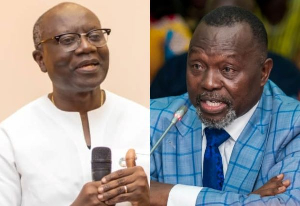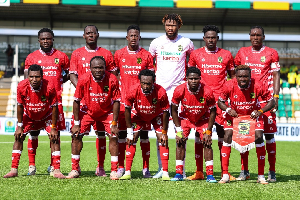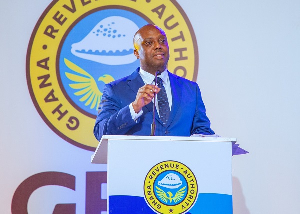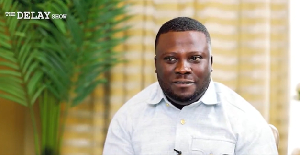Corruption is woven deep into the fabric of everyday life, and it can be said to be the wrong behaviour or abuse of authority for personal gain. Corruption starts with bribery of government officials which involves political contributions; then the misuse of company assets for political favours, kickbacks and protection money for the police, payola for disc jockeys and “solidarity” to journalist, secret price-fixing agreements and obtaining parts in films for reason not wholly related to acting ability.
However, corruption is not manifested in one single form, it typically takes several forms.
Grand corruption is one form of corruption which is widely recognized by people. It is the theft or misuse of vast amounts of public resources by state officials or people associated with administrative affairs in the public.
In addition ,petty corruptions is also seen as an isolated transactions by individual public officials who abuse their office by demanding bribes and illegal payments; diverting public funds into their personal accounts ; awarding favours in return for personal considerations. Such acts may be seen as petty corruption although a substantial amount of public resources may be involved.
What's more, State capture is another form of corruption which involves a conspiracy by private actors with public officials or politicians for their mutual, private benefit.
To top all these up, Patronage, paternalism,clienelism,and being a “ team player” introduces a new form of corruption which normally occurs when officials use their position to provide assistance to clients or colleagues with the same geographic, ethnic or cultural origin so that they receive preferential treatment in their dealings with the public sector including sector employment.
We should bear in mind that all these forms of behaviour have one thing in common. They attempt to influence the outcome of decision where the nature of that influence is not made public. Essentially the practices are nothing more or less than abuse of power.
All these bring to mind that anybody is capable of committing or contributing to corruption. This includes the person who is being rendered the favour illegally, as well as the person making the favour or anyone who influences any decision unethically. So the assumption that only government officials commit corruption does not hold.
There are several reasons for the spread of corrupt practices. The first lead is the concentration of power in larger and large units, particularly when combined with rapid growth, and also where the channels of accountability are underdeveloped.it is also widespread in "mature" societies where highly developed networks attempt to preserve an existing state of affairs to further vested interests.
Corruption tends to be most frequent where governments take on greater powers to bestow special privileges on various sectors of the economy and society. Where there is this concentration of power there is an urgent need to ensure more open accountability, but unfortunately it is often either controlled by the authorities, or subject to its own internal pressures from advertisers or other influences.
Corruption is the universal disease of the body politic; it varies only in degree and visibility.it is least in extent when the press is free and uncorrupted and when the public are organized sufficiently to demand honest government. It is usually most widespread when the opposite conditions apply. But how often are cases revealed as a result of penetrating investigative journalism, rather than vulture like exposure once the revelation has come to light? And how often do unethical practices come to light from the systematic application of the control machinery, rather than almost by an accident?
Concerns of corruption can be traced from the history of government. In 350 BCE, Aristotle suggested in The Politics, "To protect the treasury from being defrauded, let all money be issued openly in front of the whole city, and let copies of the accounts be deposited in various wards.” In this quote Aristotle brought into mind open accountability in fighting against corruption.
In essence, the problem of corruption is easily solved, if everyone worked on the notion that whatever they did to influence a decision would be public knowledge, the vast majority of monetary and non-monetary corrupt practices would never arise. This can be achieved when the watch dogs are not corrupted or influenced, and can go to the extra length in acquiring correct facts that can be proven to be factual.
SAMUEL MENSAH QUAYE
Opinions of Wednesday, 18 July 2012
Columnist: Quaye, Samuel M.














